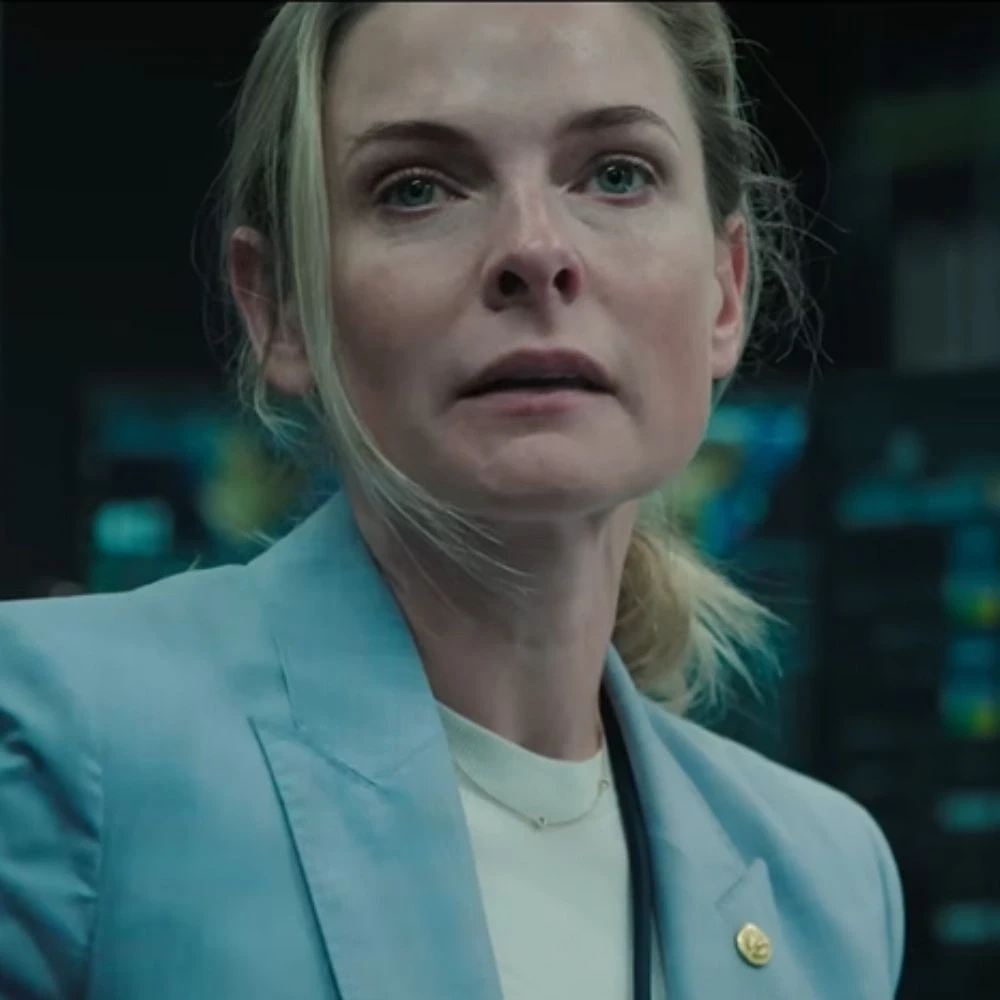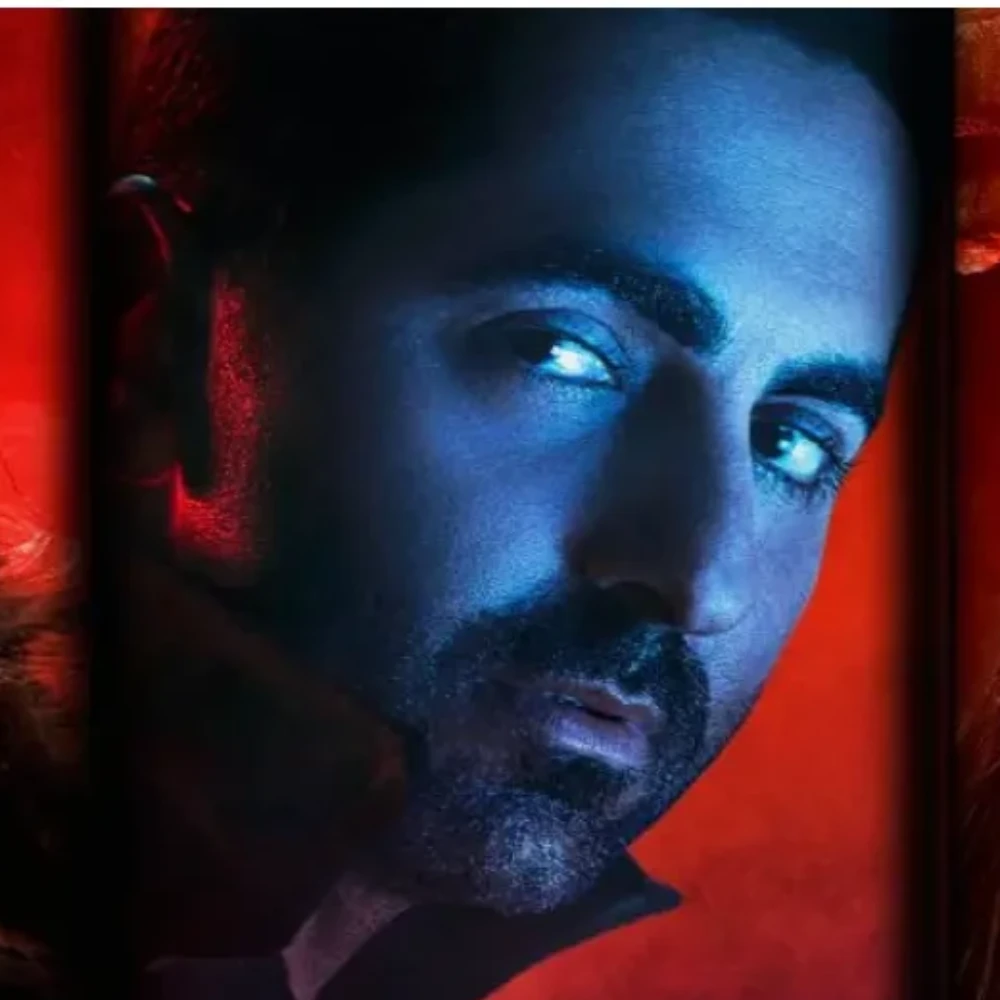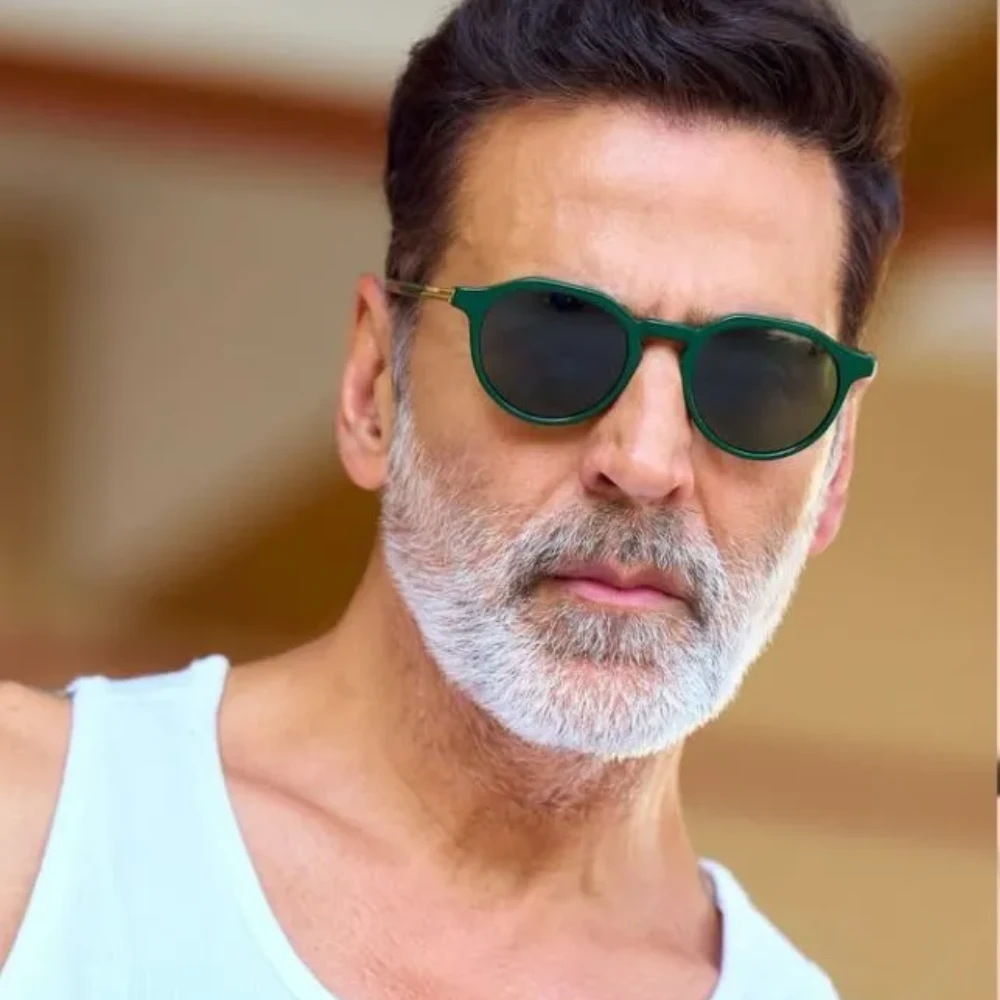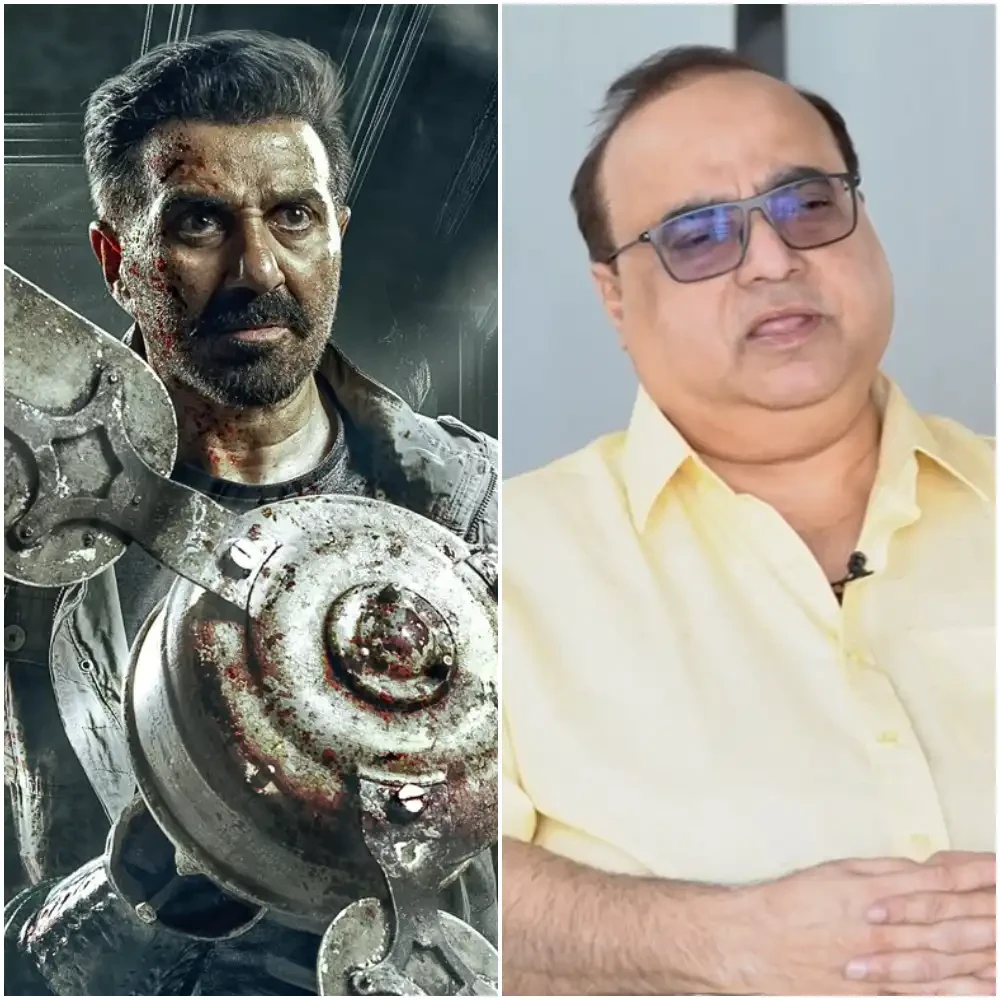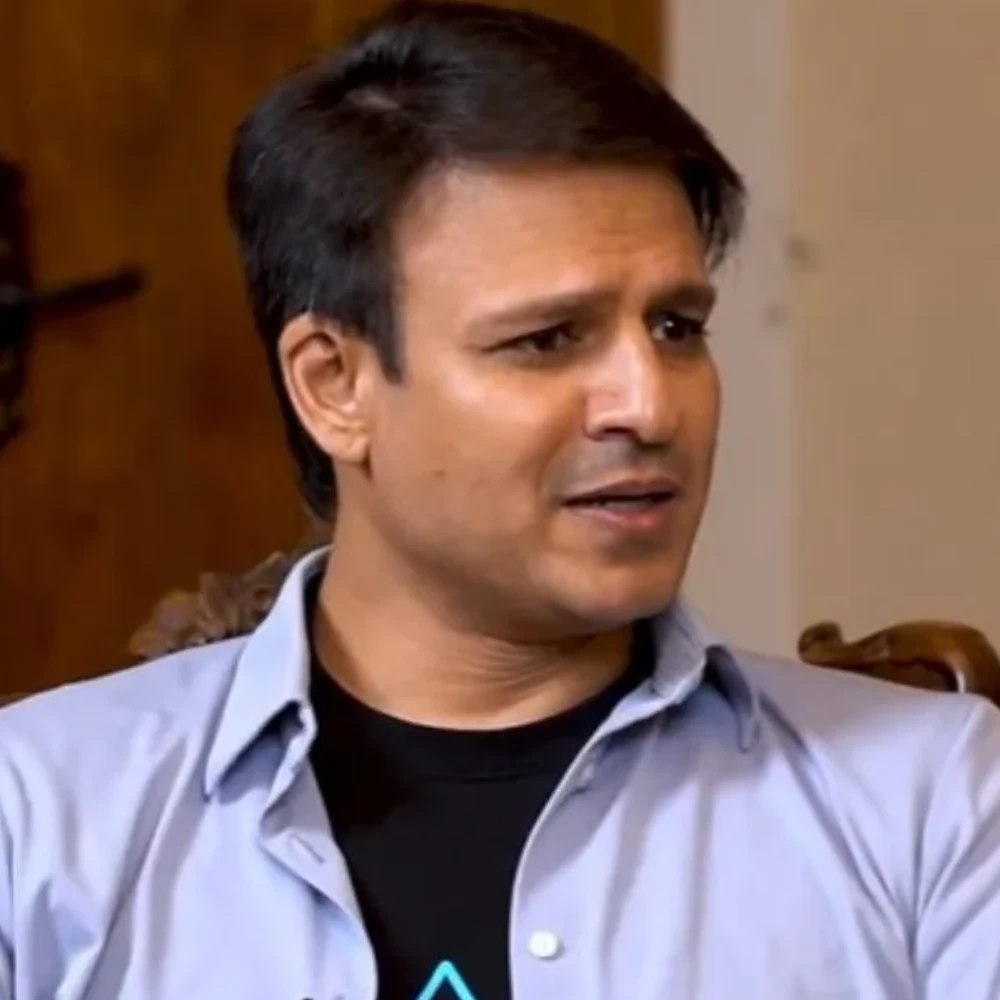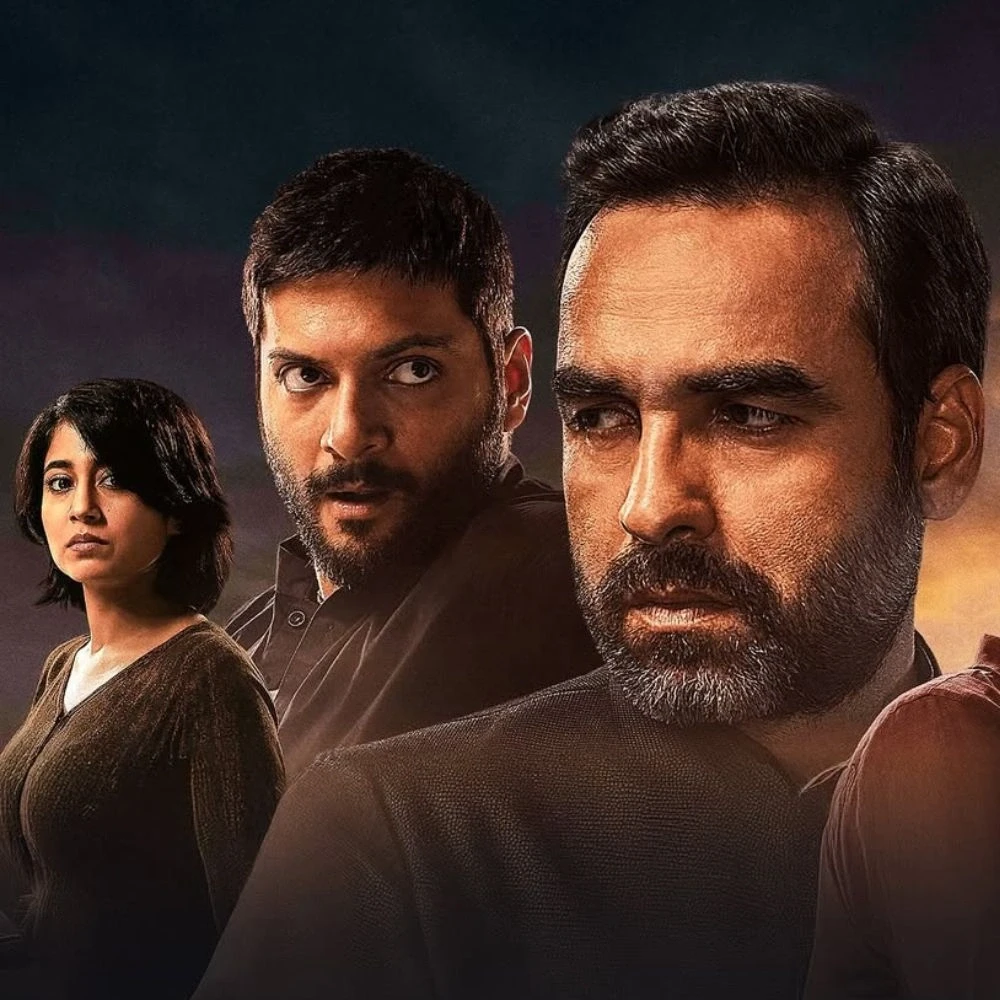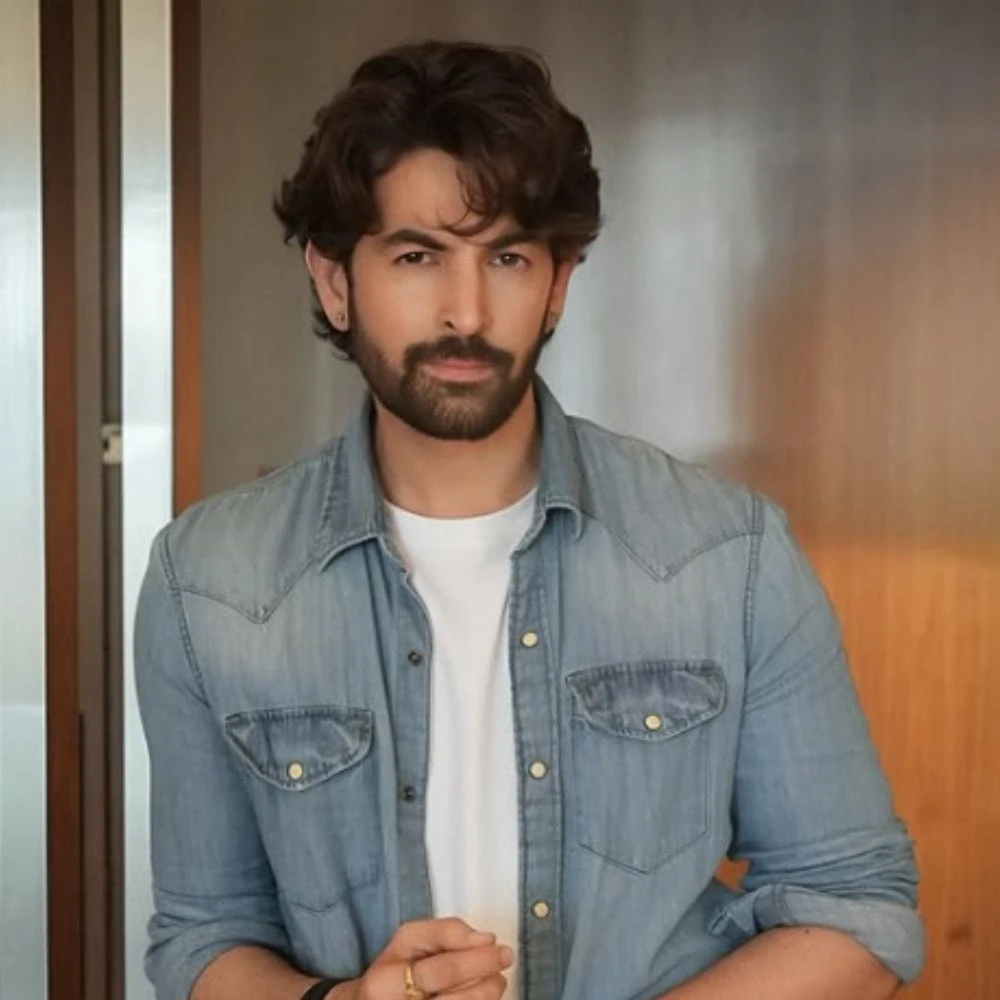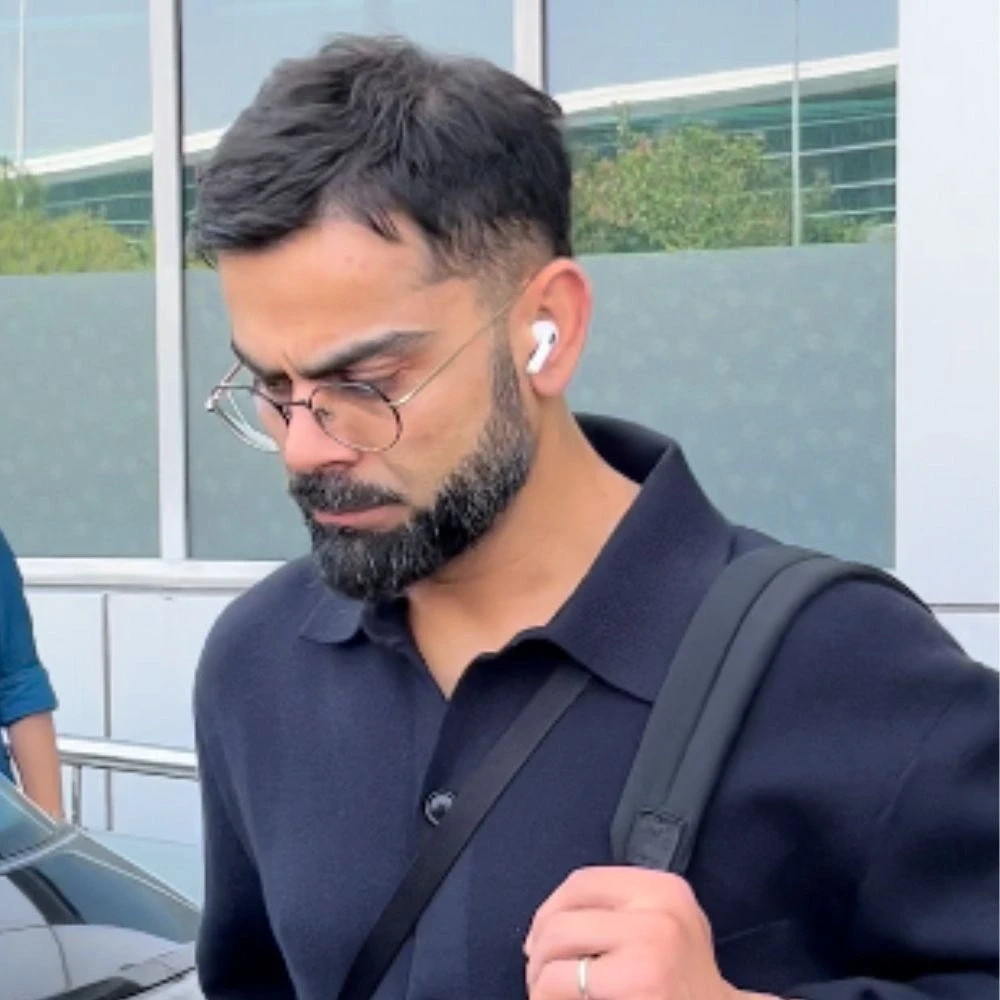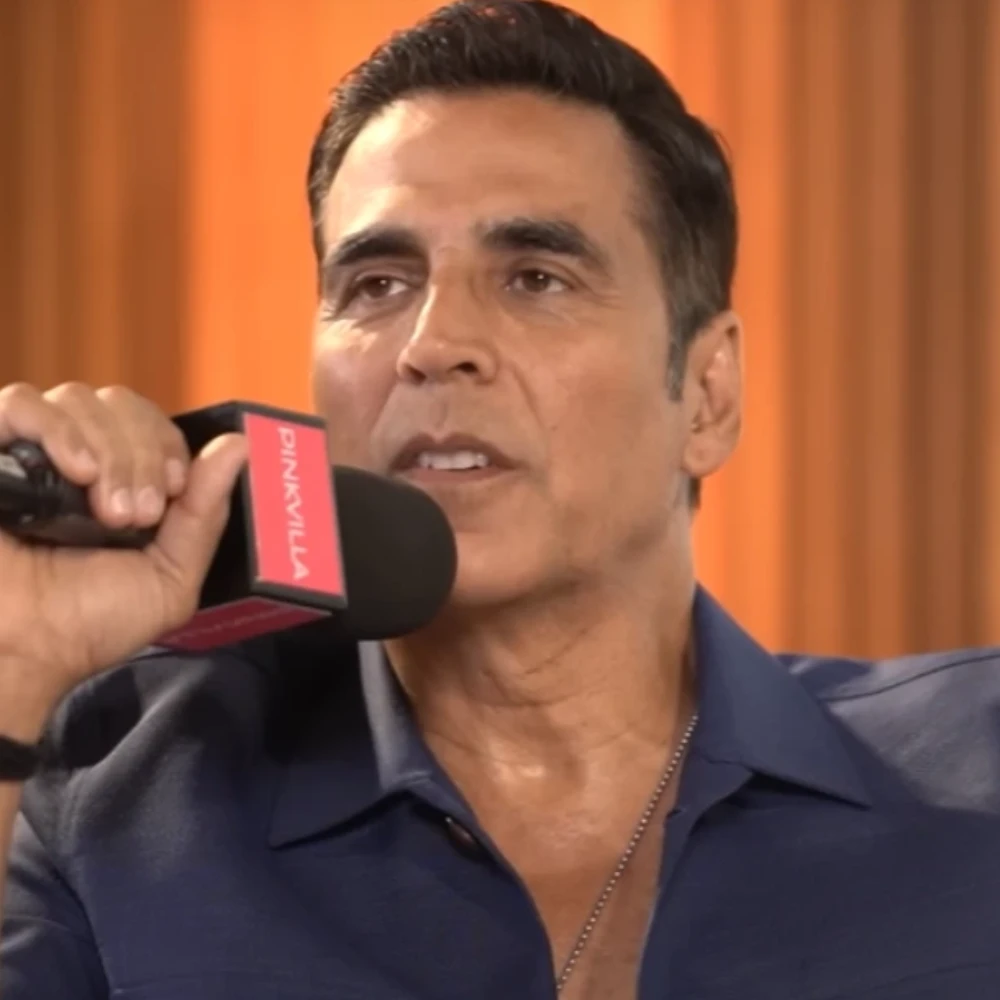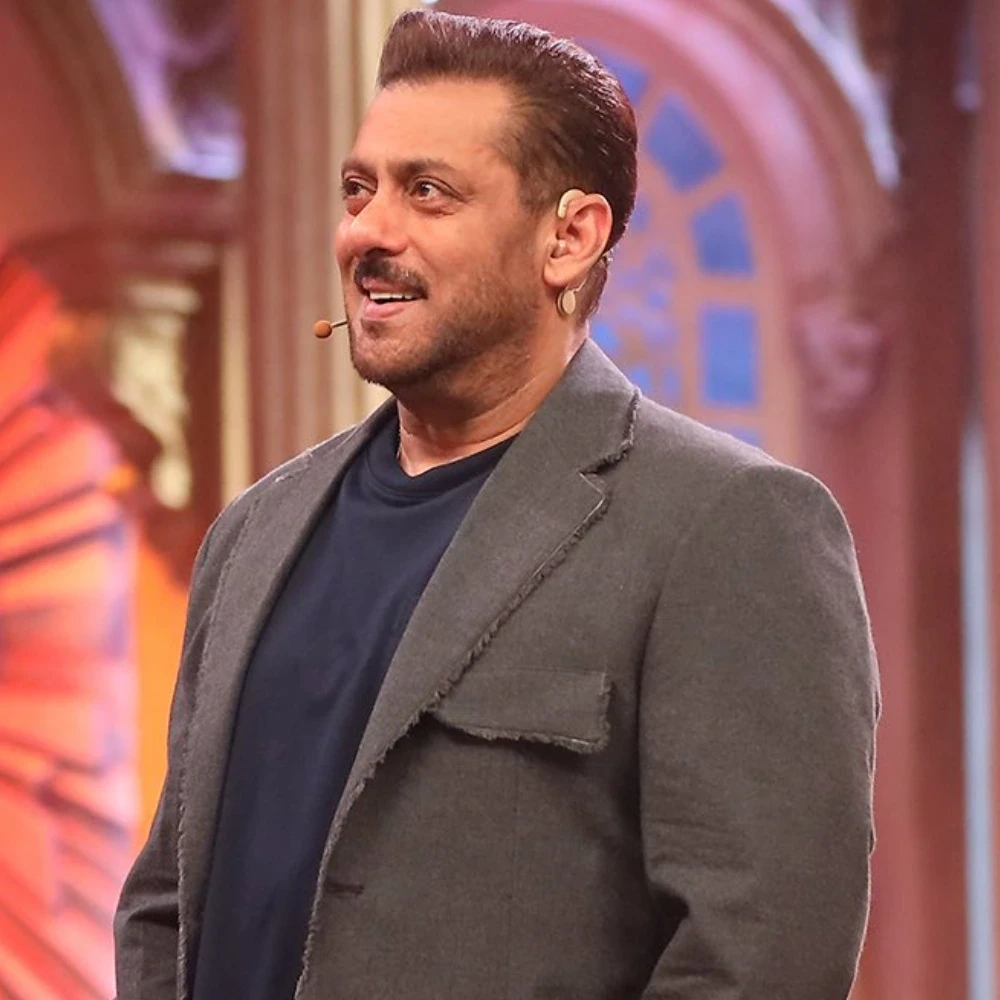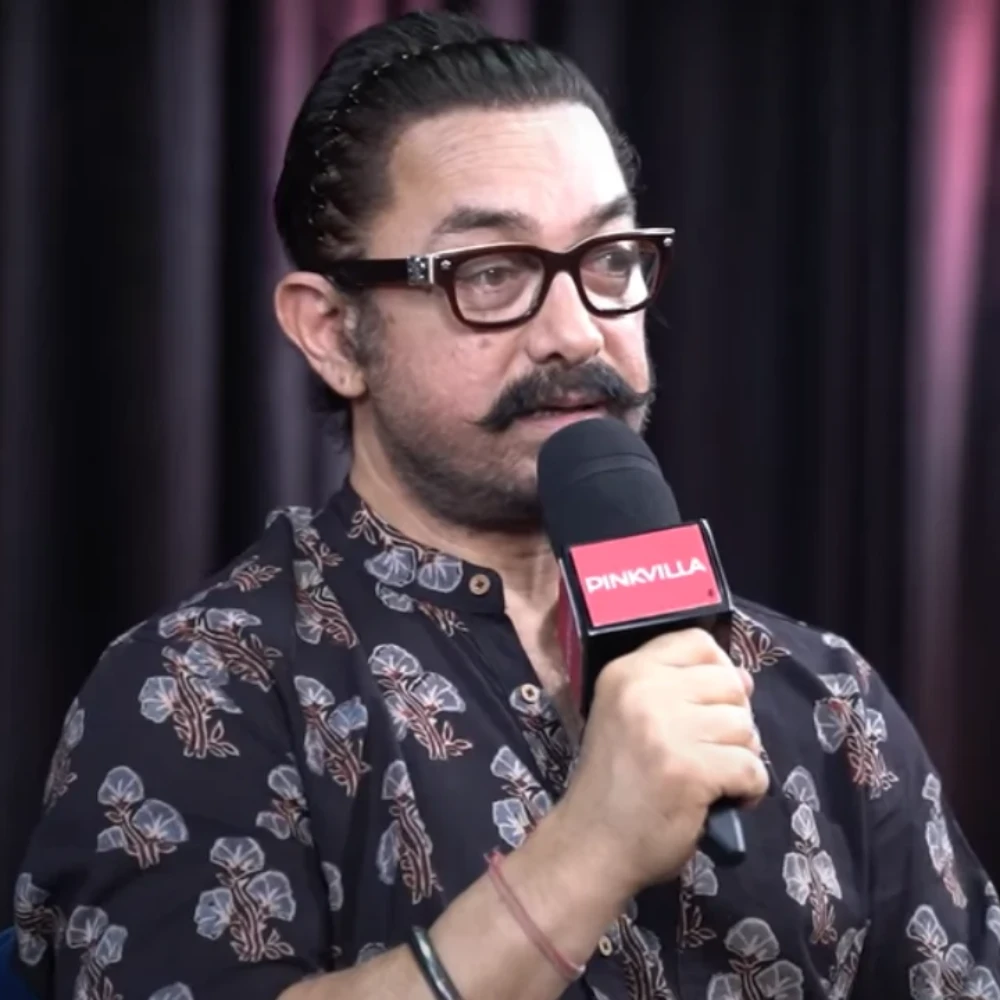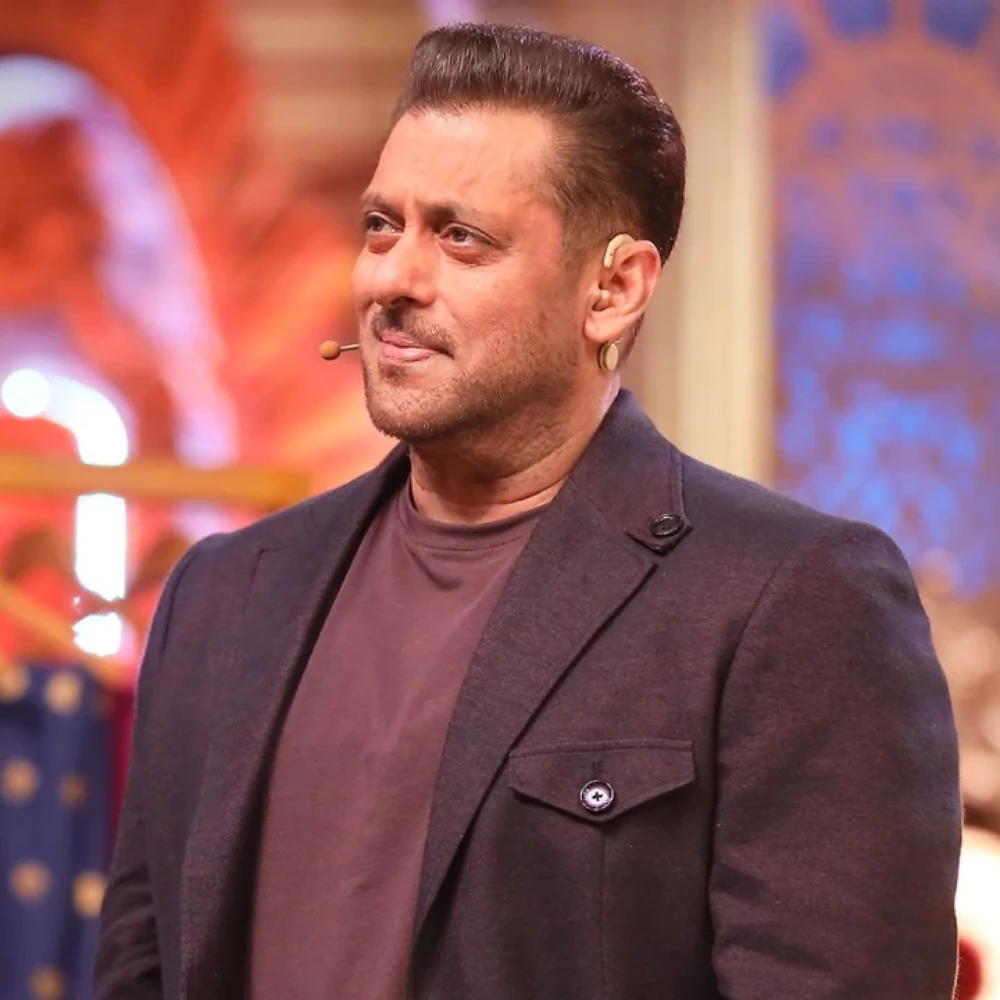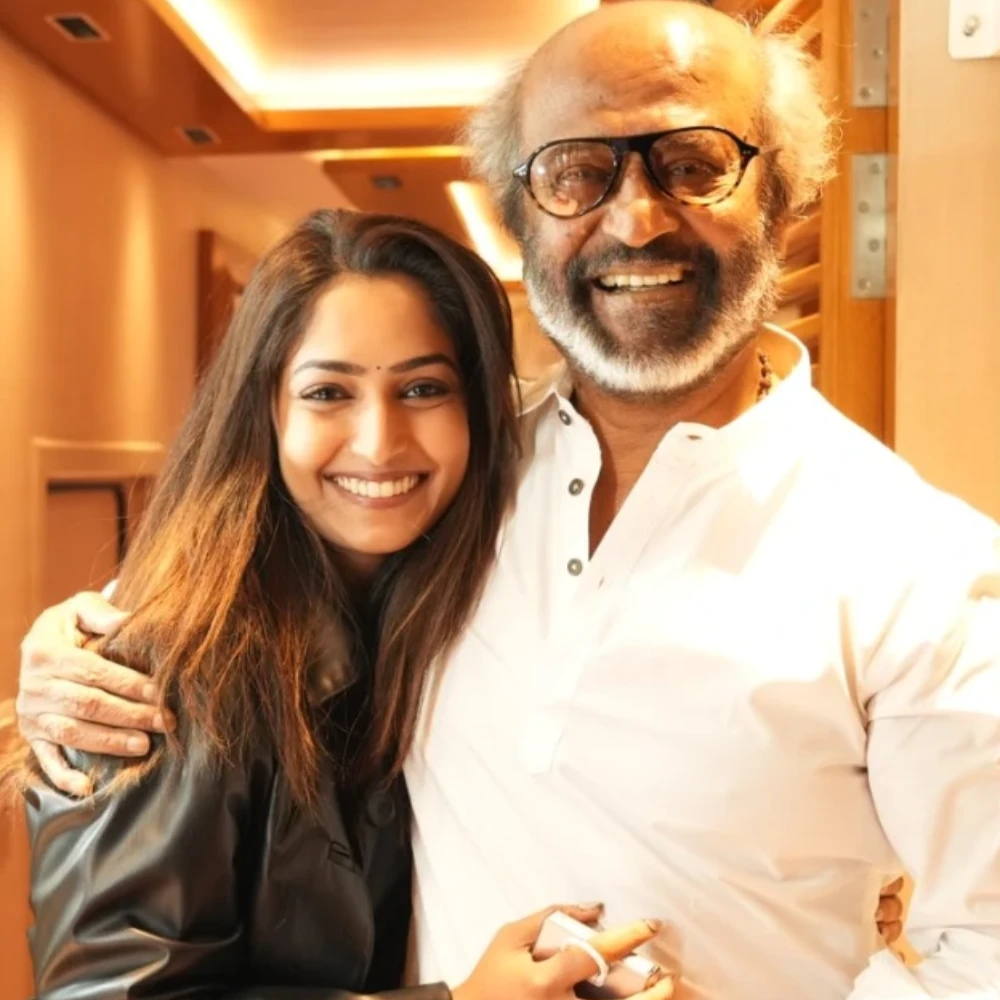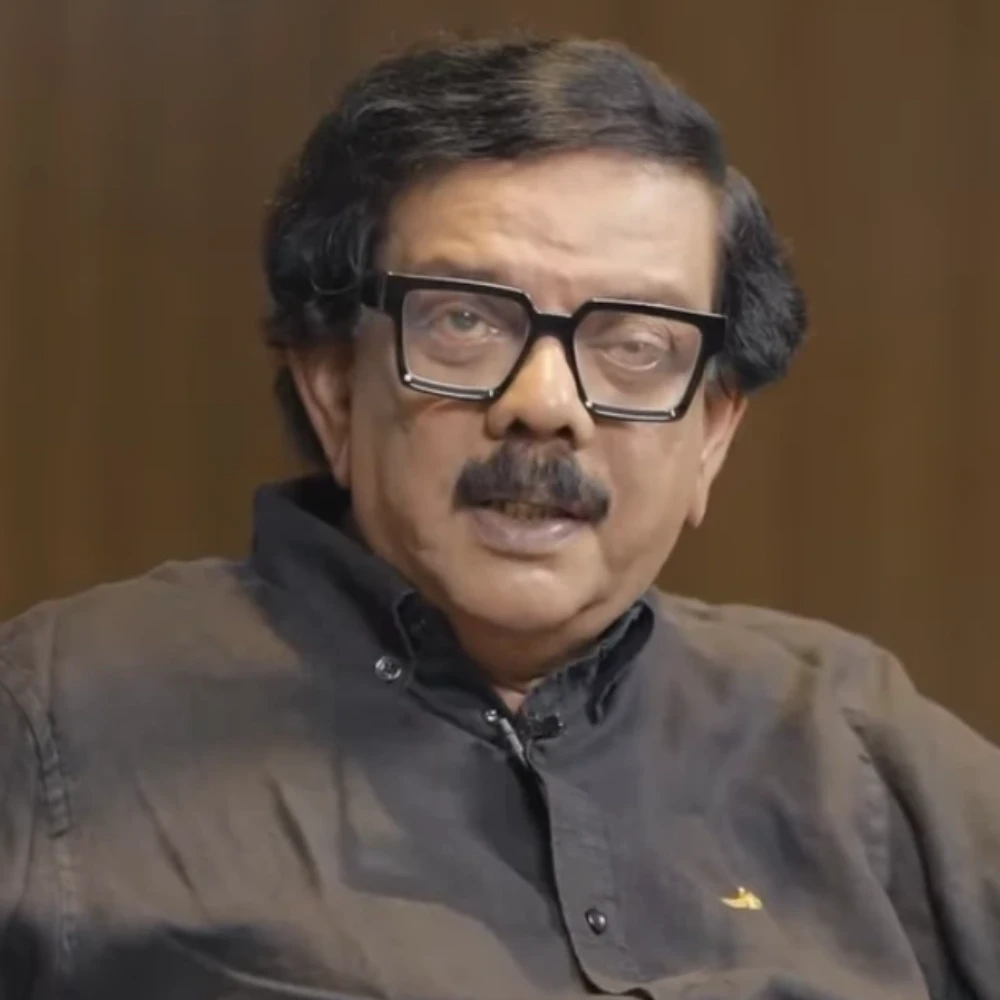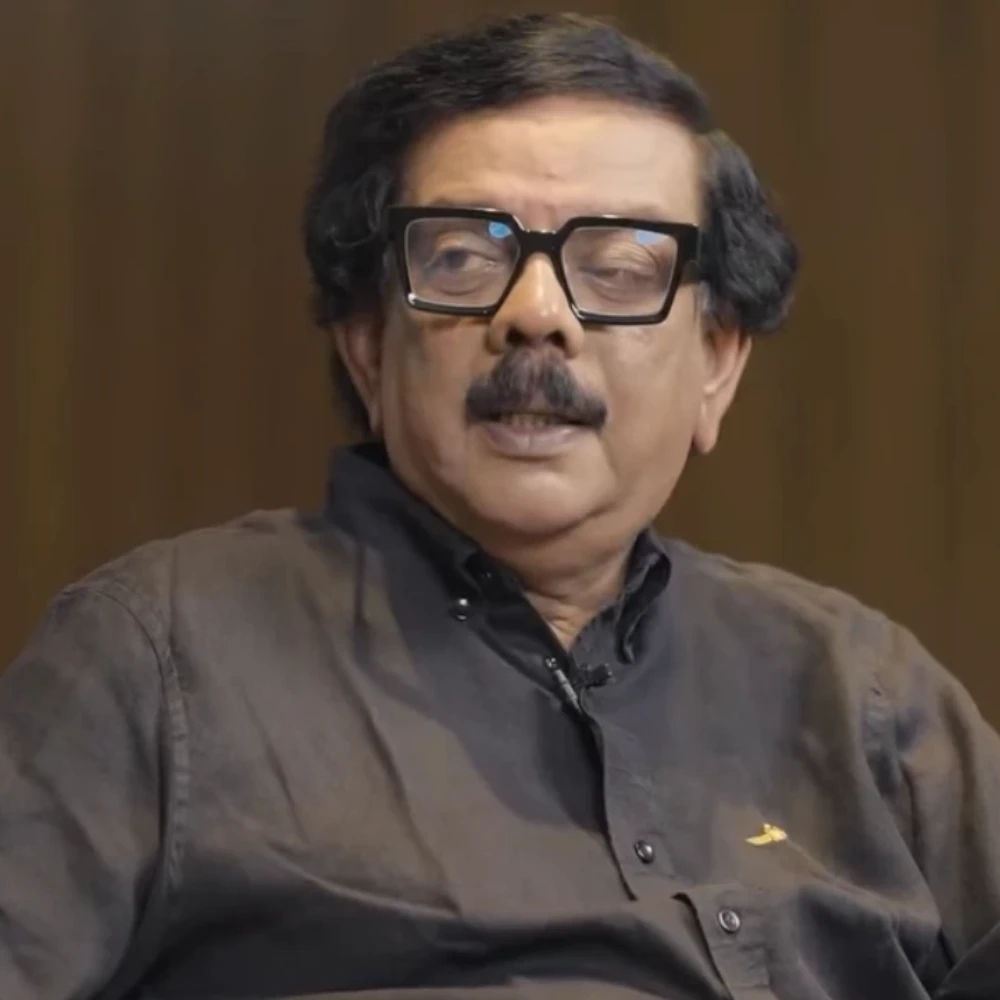Trade experts on ‘No OTT release’ clause: ‘Top actors can do that. Akshay, Aamir or Salman can dictate terms’
It was recently reported that Ayushmann Khurrana has included a ‘NO OTT’ clause for Abhishek Kapoor’s Chandigarh Kare Aashiqui. Reportedly, a lot more stars are following suit. We reach out to some trade experts for their opinion on this move
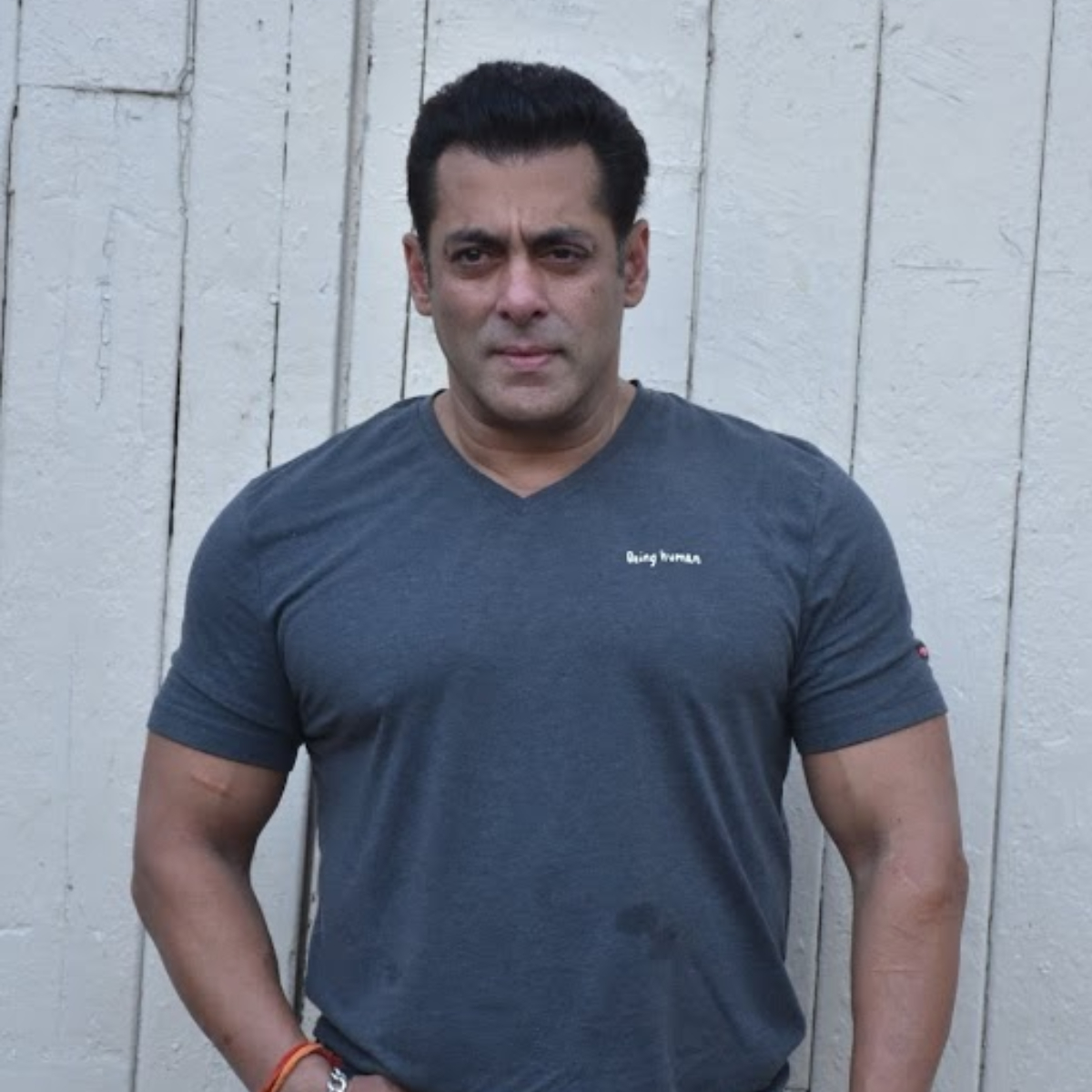
A lot has changed in the film world following the COVID-19 pandemic, including the filming style and choice of the release platform. Considering everyone was in a state of lockdown last year, not many films were shot and whichever were ready took the OTT route for release. However, things have started to open up and most of the artists would prefer to unveil their films theatrically, especially if the subject is for a cinema experience. Pinkvilla recently reported that Ayushmann Khurrana has included a ‘NO OTT’ clause for Abhishek Kapoor’s Chandigarh Kare Aashiqui. Reportedly, a lot more stars are following suit.
We reached out to some key stakeholders and cinema experts to understand their point of view on the addition of this new clause in a star’s contract, and how it benefits the industry. Film analyst and distributor Raj Bansal says that this move will help the actors and theatres, both. “Let me explain this with an example. Say an actor A has worked for producer B for a certain amount. When he signed the contract and heard the story, he was looking at it as a 200 crore film at the box-office. But when the film is ready, because of some short gains the producer decides to sell it to an OTT platform. That’s when the actor feels cheated. If the film does well at the box-office, his remuneration too increases for the next film. See, however, good a certain film is, you don’t have any barometer to decide how big a hit it is if released on an OTT platform and that is a problem for an actor. They are putting this clause to ensure their revenue and reputation,” says Bansal.
So should more artists take this up? “Eventually every single actor who considers himself in category A or B will ensure that his or her film is released only in theatres first, and then on an OTT platform,” Bansal adds.
Nitin Datar, President of Cinema Owners And Exhibitors Association Of India (COEAI) also applauds the actors opting for a ‘No OTT release’ clause but he has his own concerns too. “I appreciate that all artists do that, but they should have enough powers to prevail upon the producers to accept that as well. For any small actor it must be difficult to dictate terms, but all the top actors can do that. Akshay Kumar, Aamir Khan or Salman Khan can dictate terms as they have their own production houses,” Datar points out.
Producer and trade expert Girish Johar too has an interesting take on this. “The actors want more control over the product in terms of whether the release will happen in the cinema or directly on an OTT platform, so they know what’s happening with the film. This may be because in certain cases actors wanted to release the film in a theatre but that didn’t happen as the OTT platform lured the producers,” explains Johar.
He further adds that this move makes sense because the actors would want to be aware about where their film is releasing. “He or she would also want to ensure that the film reaches its last mile, be it theatrically or OTT wise. But you know only a certain pedigree of actors would demand this and the producer giving that option will make sure that by the end of the day a particular revenue is confirmed. I don’t think there is anything wrong, but it only depends on how it is exercised. In the end none should be losing.”
Datar also opens up about the recent announcement by the Ministry of Home Affairs (MHA) on removal of the 50 percent occupancy cap in cinema halls. “The relief will be great if there is a supply of films. At present there are no movie releases, as most of them were sold to OTT platforms. So whatever theatres we had opened many of them have again started to close down. We also don’t expect any big releases before April. So this is a big problem in many regions except for South where they don’t depend on Hindi films. We are waiting for the various state governments to issue SOPs. Once they send that out, stakeholders from across India will have to take the final decision to increase the occupancy percentage or not as some areas might still come under the red zone. Even Rajasthan has not opened up until now. Unless all the states open their theatres, distributors and exhibitors will find it difficult to release films,” says Nitin.
Datar also expresses his disappointment with certain filmmakers. “We are very unhappy with the decision taken by the producers. Few filmmakers who are releasing their films on OTT platforms will harm the 6500 single screens and about 3000 multiplex screens. We have taken a big risk to open our cinemas with 50 percent capacity. The expenses are also a lot more as neither the taxes, nor the salaries or the electricity charges have been reduced. If this situation continues, I think more than 20 percent of cinemas will permanently close down thus affecting the film industry as a whole,” he signs off.





 JOIN OUR WHATSAPP CHANNEL
JOIN OUR WHATSAPP CHANNEL